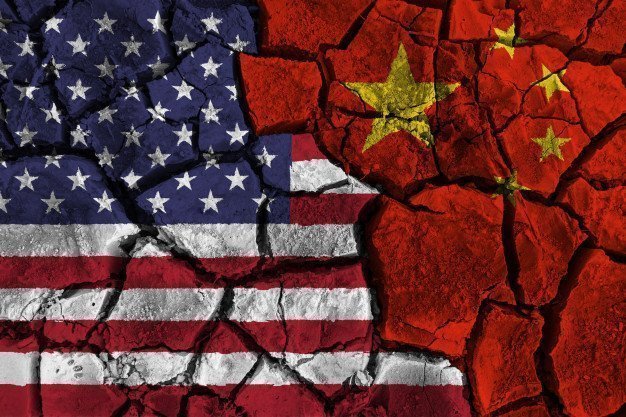Oil prices were little changed on Wednesday as traders were cautious after a surprise rise in US crude inventories raised demand concerns after weaker economic data from the US and China.
Brent crude futures fell 3 cents to $74.88 a barrel as of 0222 GMT. West Texas Intermediate crude fell 2 cents to $70.84.
Energy traders can’t shake off global demand concerns and crude prices remain high. The news from China about the second half of the year is not so important, the current situation is disappointing.
U.S. crude inventories increased by about 3.6 million barrels in the week ended May 12, according to the American Petroleum Institute (API). Contrary to that some analysts had expected a 900,000-barrel drop.
EIA data on US government crude oil and product inventories will be released at 1430 GMT.
After data showing retail sales rose 0.4% in April, below forecasts for a 0.8% increase, the increase in crude stocks added to concerns about US growth.
Talks about raising the US debt ceiling continue to weigh on the market. The U.S. Treasury Department estimates the U.S. will be in a crippling default as early as June 1 unless Congress lifts the debt ceiling.
The fact that April industrial production and retail sales growth in China fell short of forecasts indicates that the economy lost momentum at the beginning of the second quarter.
The mood turned sour as US debt ceiling talks stalled and retailers’ earnings were disappointed overnight. Recession fears dragged global markets again.
Markets are closely following the new steps of the Group of Seven (G7) leaders, who will meet in Japan on May 19-21, to expand the sanctions against Russia.
Officials directly aware of the discussions said the G7 aims to avoid sanctions involving third countries, which aim to limit Russia’s future energy production and curb trade that supports the Russian military.

